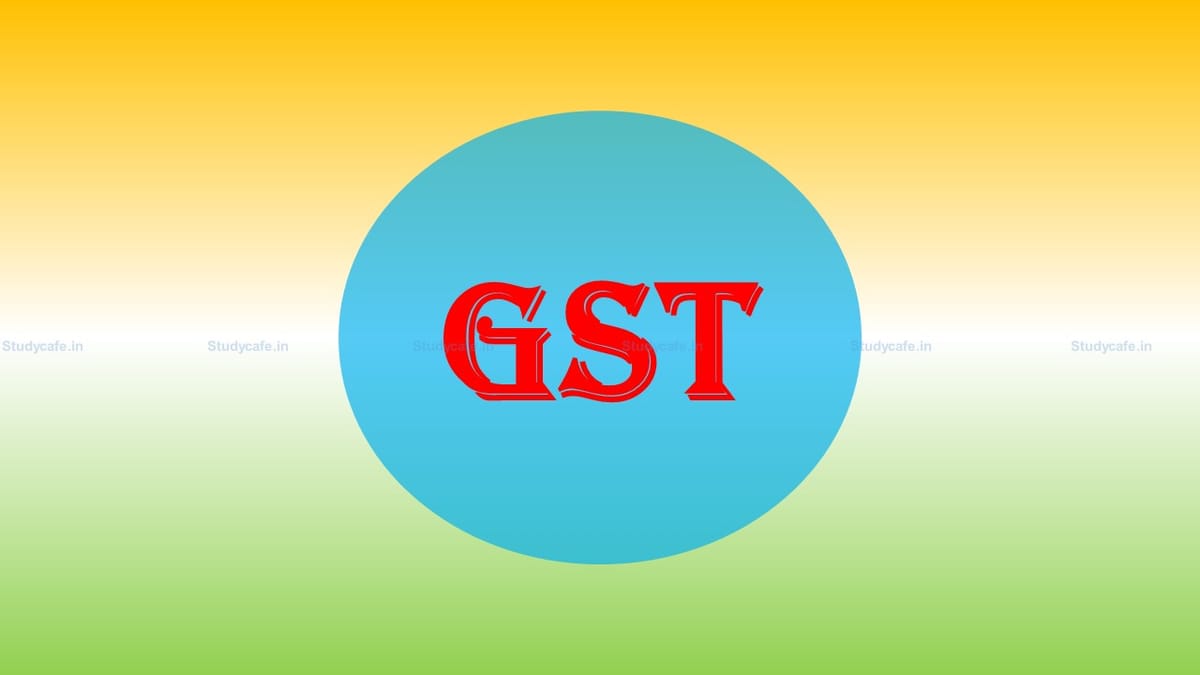Reetu | May 23, 2022 |

How will Supreme Court’s Order in matter of Ocean Freight disrupt smooth functioning of GST Council
The Supreme Court declared on Thursday (May 19) that the recommendations of the Goods and Services Tax (GST) Council have only persuasive value and cannot be binding on the Centre and states.
GST Council Recommendations not binding Centre or States [Read Order of Supreme Court]
The Court issued its decision in the case of Union of India vs Mohit Minerals Pvt Ltd. The Bench, comprised of Justices DY Chandrachud, Surya Kant, and Vikram Nath, chose to go beyond the case and expound on the underlying structure of the GST system itself.
While ruling that the GST Council’s recommendations are not binding on the Centre and states, a three-judge bench led by Justice DY Chandrachud stated that while the Constitution grants “the Union with a higher share of power in certain situations to prevent chaos and provide security,” the states “can still resist the Union’s mandates by using different forms of political contestation.” The Bench, which included Justices Surya Kant and Vikram Nath, as well as Justice DY Chandrachud, went on to say, “It is not required that one of the federal units (Centre or states) always have a greater share of authority than the other units.”
The Court emphasised that Article 246A, added to the Constitution in 2016, affords both Parliament and state legislatures the authority to enact GST legislation. The Constitution does not state explicitly that all GST Council decisions would become law. Article 279A would have provided clarifications to that effect if that was the objective.
The Supreme Court dismissed the Revenue Department’s special leave plea appealing the Gujarat High Court’s ruling that had annulled the imposition of Integrated GST (IGST) on the component of ocean freight paid by a foreign vendor to a foreign shipping line on a reverse charge basis.
Mohit Minerals challenged notifications levying IGST in the Gujarat High Court (Union of India and Anr versus M/s Mohit Minerals Through Director) on the grounds that customs duty is levied on the component of ocean freight and that levying IGST on the freight element in the course of transportation would amount to double taxation.
The ruling reminds the states that they can reject GST Council decisions and set different rates for products and services in their jurisdiction. It is worth noting that the Court has just emphasised what was already in the Constitution.
To give you some context, because GST meant a single tax rate across the country, states had to relinquish their power to establish the tax rate on all goods and services, excluding taxes on gasoline and alcohol for human use and electricity, on July 1, 2017.
Many opposition-ruled states have criticised the GST Council’s operation, claiming that the ruling party and its supporters are ignoring them.
However, it is unlikely that any aggrieved states will seek to enact a different tax rate for products and services currently subject to GST. While it may appear to be a brilliant concept for increasing money, such a move will be myopic and may be impossible. Consider the following two possibilities.
One, if a state remains in the GST system but imposes higher tax rates on a limited number of goods and services. As a result, taxpayers will be unable to claim the input tax credit on goods purchased outside the GST, raising their tax incidence. The compliance burden on taxpayers for return filing will become quite onerous. Furthermore, rising tax rates will make the state less appealing to domestic and foreign businesses.
Two, if the state entirely exits the GST system, there will be complete anarchy. Other states will refuse to split their GST revenue with the breakaway state, reducing the Centre’s revenue share. Inter-state trade with the breakaway state will cease, and FDI will leave the state.
“SC only developed this mechanism while conducting observations.” “This ruling does not in any way set down anything new in terms of the GST institutional process, has no influence on how GST has been functioning in India, and does not lay down anything substantially different to the present GST framework,” the sources said.
However, Abhishek A Rastogi, partner at Khaitan and Co and counsel for the petitioners before the Gujarat High Court and Supreme Court, stated, “This raises the question of whether different states could have different rate structures for a similar supply, and such a deviated position would fundamentally affect the concept of one nation, one tax.” It is hoped that the states will not have different GST rates for equivalent supplies, as this would negate the entire objective of implementing GST.”
The Opposition is likewise divided from the Center. In Tamil Nadu, for example, Finance Minister Palanivel Thiaga Rajan remembered how, at the first GST council meeting in May 2021, he raised the problem of the Council being a rubber stamp authority.
Similarly, Kerala’s former Finance Minister Thomas Isaac said in response to the ruling that it “sets the basis for a fundamental reform of GST implementation and GST Council working from the standpoint of cooperative federalism.” “The court’s observations raise concerns about government flexibility in deciding SGST rates and procedures,” he wrote.
But, the government appears to be optimistic that the GST system would continue to operate normally.
In case of any Doubt regarding Membership you can mail us at [email protected]
Join Studycafe's WhatsApp Group or Telegram Channel for Latest Updates on Government Job, Sarkari Naukri, Private Jobs, Income Tax, GST, Companies Act, Judgements and CA, CS, ICWA, and MUCH MORE!"